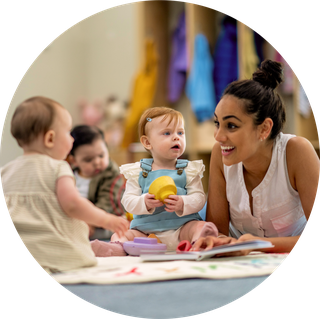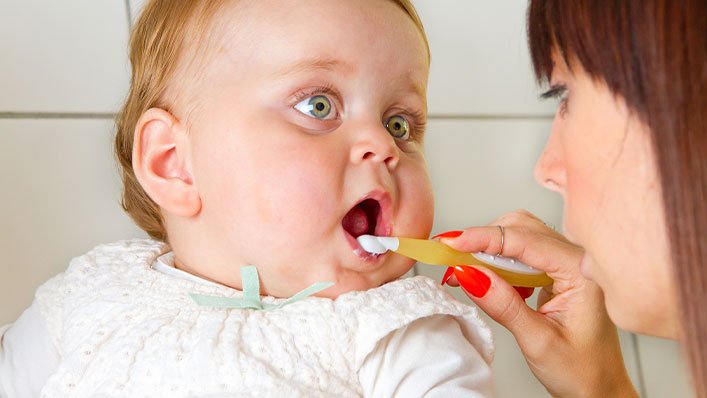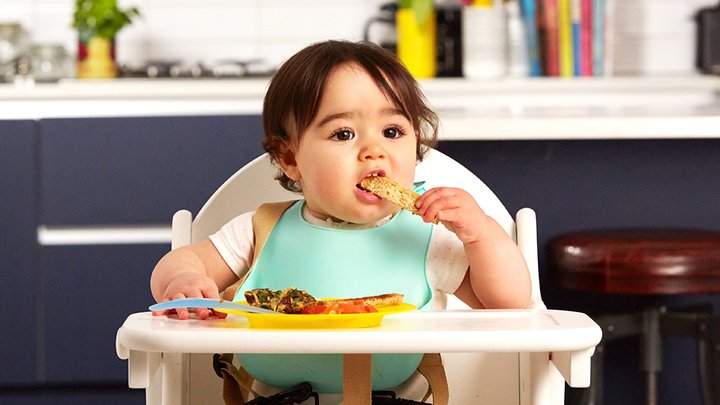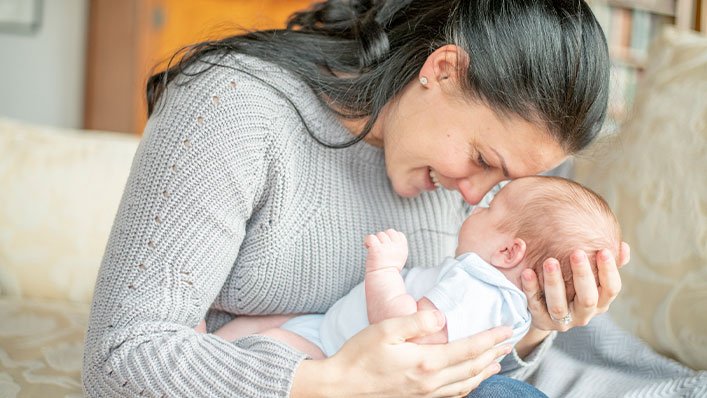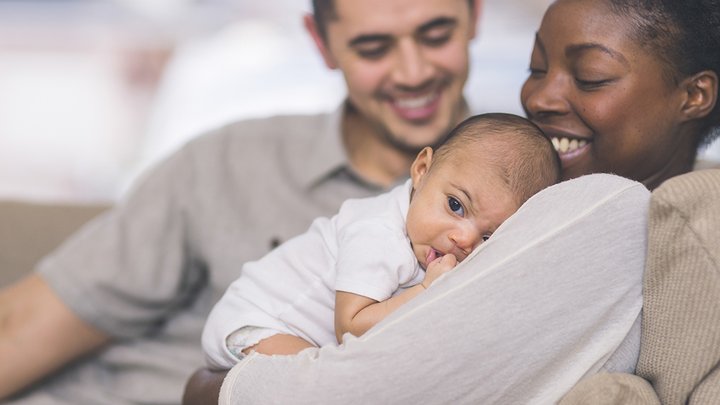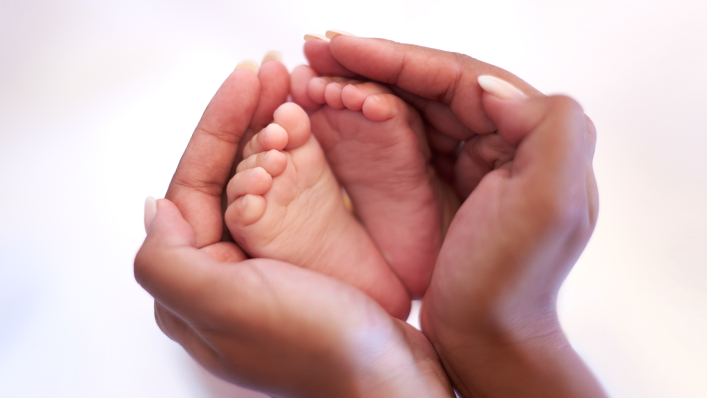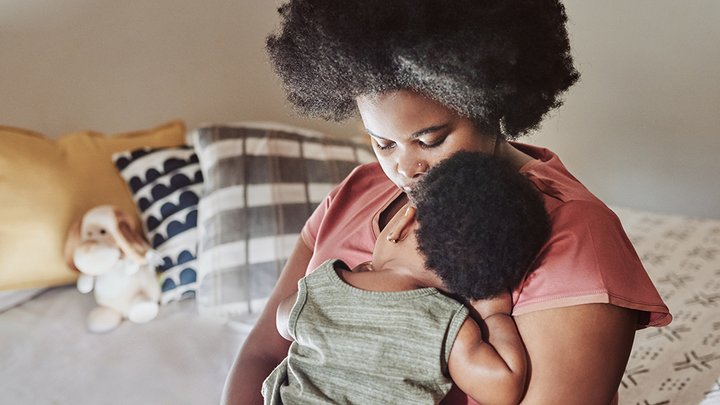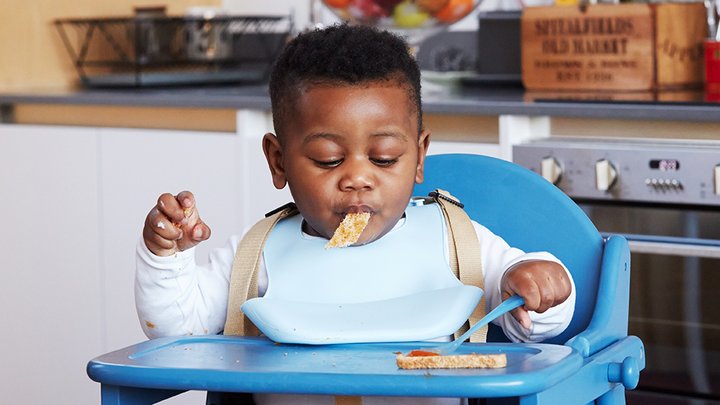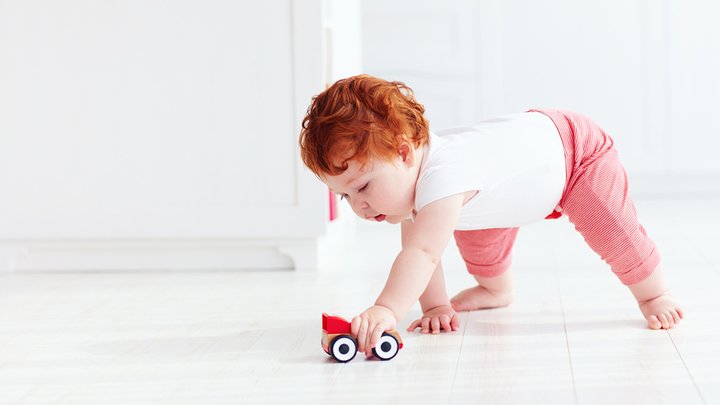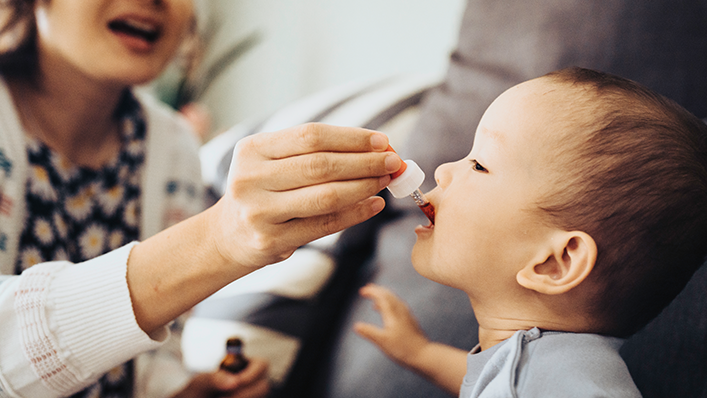Baby
Whatever you want to know about parenthood, from breastfeeding to when your baby will have their first vaccinations, you should find it here.
We're here to give you the essential guide and lots of free tools for having a healthy, happy baby.
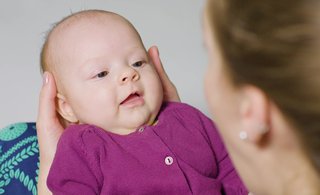
Learning to talk
It's the little moments together that will help your baby start interacting with sound. Read our top tips and simple activities that will be fun and beneficial for whoever wants to get involved.
Baby tips and advice
Visit the Best Start in Life parent hub
The new Best Start in Life parent hub brings together information and support for every stage of your child's early years and beyond.
It's where you can:
- find out about government childcare support schemes
- use the childcare support eligibility checker
- get details on breakfast clubs and wraparound childcare
- learn the key skills your little one needs to start reception
